Train with Excellence: Get Better at Getting Better
We run hundreds, even thousands of miles. We sweat, bleed, and sometimes cry. We subject ourselves to the whimsy of the run, certainly a source of joy, but just as often or more, sorrow.
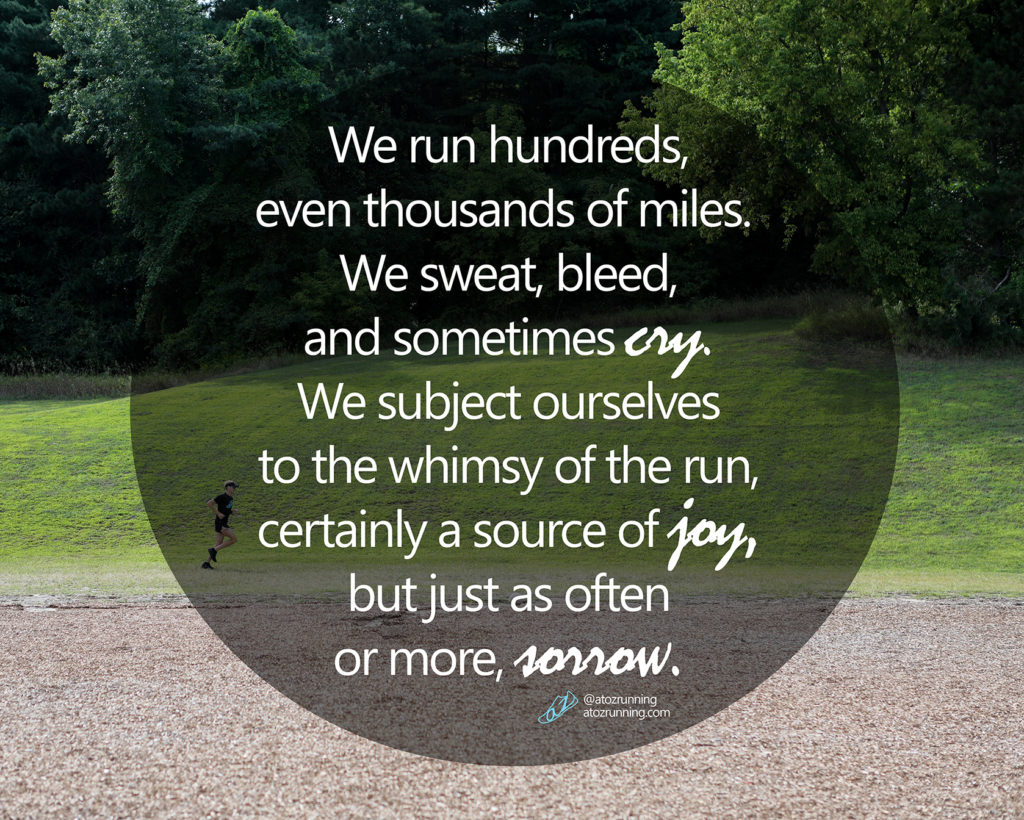
But it’s worth it. We know it’s worth it because it makes us stronger and brings us closer, one mile, one heartbeat at a time to our goals. Or at least, that’s what we tell ourselves.
Do we know for sure?
What We Cannot Know
The temptation in every human endeavor is to make the claim, however well-supported, that we have found the answer. That reality is what proves clickbait (our blog is not exempt!).
Unfortunately, the only thing we truly know with certainty is the past (and even that is often debatable). This proves to be a great source of comedy in the healthcare industry (anyone know whether eggs are good or bad today? What about wine; is that still in favor? Probiotics? Dietary supplements? Do we still give our kids peanut butter and eggs at a very young age?).
Interested in a more recent running example? How do you feel about ice baths? (Thanks, Josh Modert, for sharing that video!)
We are left, therefore, with one course of action: do our very best to take into account the shared understanding of our endeavor as it pertains to me and my situation.
That idea is what motivates our vision and mission. We strive to understand the existing body of knowledge in our sport and distill it down to fundamental guiding principles. While not perfectly universal, many of these things can be applicable to the vast majority of us. In this post, I want to address three that you, whomever you are reading this, can apply to your benefit.

3 Ways to Train with Excellence
In our previous blog post, we discussed 5 things we believe every runner needs to start (or continue) doing. One of those five was training with excellence. (We also touched on the topic a bit more in this podcast episode.)
The theme didn’t stop there because as I’ve been mentioning recently, Brad Stulberg and Steve Magness’s The Passion Paradox has been on my mind a lot. The title of this post is inspired by a section in chapter five entitled,
“Don’t worry about being the best–worry about being the best at getting better.”
I want to extend the thought further with the explanation they offer.
“When your utmost goal is simply to get better, all failures and successes are temporary because you will forever improve, given more time and more practice. You don’t define yourself by any single moment in time; you define yourself by an entire body of work in service of ongoing growth and development.”
The Passion Paradox by Brad Stulberg and Steve Magness
How is this possible, the idea of forever improvement? We all understand that peak physical fitness has an expiration date.
The authors explain it in this way, “…in the grand scheme of things, ‘better’ is less about objective results and more about the evolution or your relationship with your passion.”
In other words, mastering your passion is about much more than peak performance, just as training with excellence is about much more than running fast.
That’s why my top three ways to train with excellence are…

Understand the Purpose of Every Run
Every time someone says “junk miles,” I cringe a little. It seems that most of us use that phrase to describe the slow, easy runs that are often associated with Lydiard-based philosophies or just any kind of high volume program.
Most of us are simply demonstrated a lack of understanding (or more likely parroting someone else’s accusation). I am not here to kick sand in anyone’s face, but I might suggest that we develop a deeper understanding of the purpose of each type of run before we assign garbage status to what is potentially the most fundamental building block of a distance runner’s fitness. (If you want my full take on this topic, re-read Training Guide part 1.)

Do you know why you are running that run today? If not, you need to.
Every kind of running effort serves a purpose and has a place somewhere in your training cycle. There is no such thing as junk miles, only too many easy miles. Similarly, even (and perhaps especially) marathoners should be running all-out sprints during their entire training cycle (but structured very carefully).
Let us not forget the wise words of David and Megan Roche (posted on the Strava blog): “When you get off the couch and take a step toward your dreams, you’re also taking a step toward your next injury.”
So be quite sure you know why you are taking that step and how it is more likely to bring you closer to your dreams instead of your next injury.

Know How to Adjust
What do you do when training isn’t producing the expected results? Or when a sudden hiccup in your health or schedule throw off your plans?
Certain kinds of interruptions warrant different responses. Acute and sudden injuries are one thing, but chronic and gradual ailments are another.
The classic family or friends social thing is not generally considered to be a major issue, but what about when it interrupts a key workout? How and when do you move that workout? How does that influence the rest of the week?
Interruptions of any kind should be anticipated so that the adjustment is intentional.

Learn From Past Successes and Failures
Andi just recently spoke with a friend who articulated that she’s been trying to do things differently with her training. While she enjoyed success with one of the changes for a period, she found it to be ineffective at another. The key question here is, do you know why you were or were not successful in a particular endeavor?
Both success and failure are frequently misinterpreted, especially for those of us sadistic enough to call ourselves marathoners. The first step, therefore, toward learning a true and practical lesson from any result is understanding what aspects of that result were in fact influenced thusly by your actions.
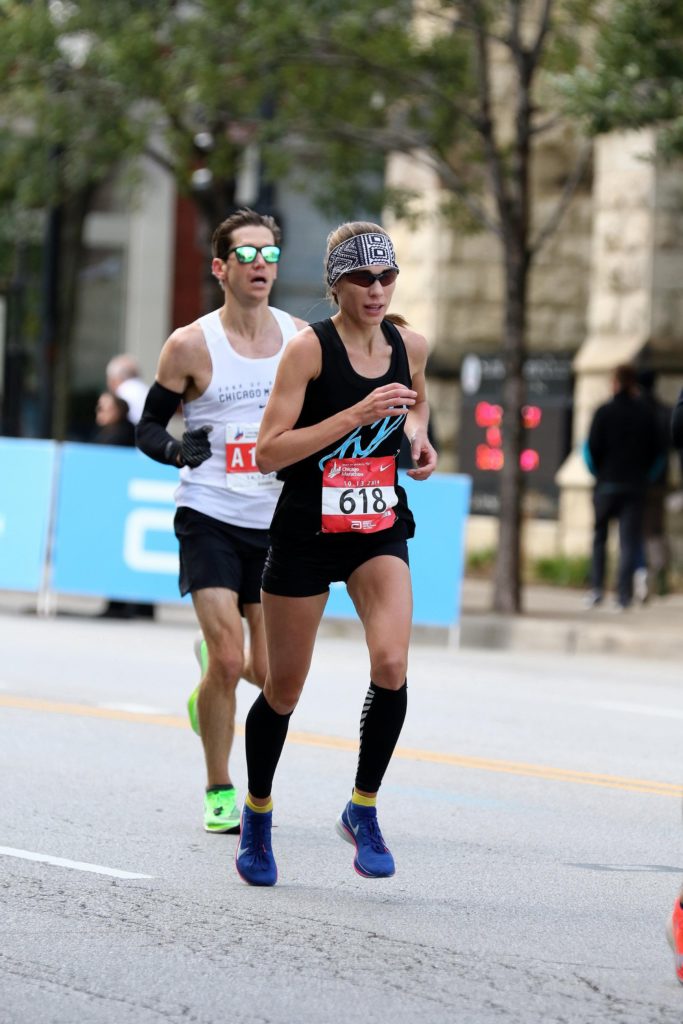
For example, when Andi talks about her Chicago Marathon performance, she explains how she started hurting quite early in the race (around mile 16). Given that she ran a half marathon PR for the first half of the race, that makes a great deal of sense!
But what about the less obvious one: her right quad was in terrible pain for a large part of the race. It so happened that the day before, she had been obsessing over some unexpected soreness in that muscle and had been rolling, massaging, and stretching those quadriceps excessively. Lesson learned.
That’s it?
No. I just don’t want to write a 5,000 word blog post (because you don’t want to read it… assuming you’ve even made it this far!).
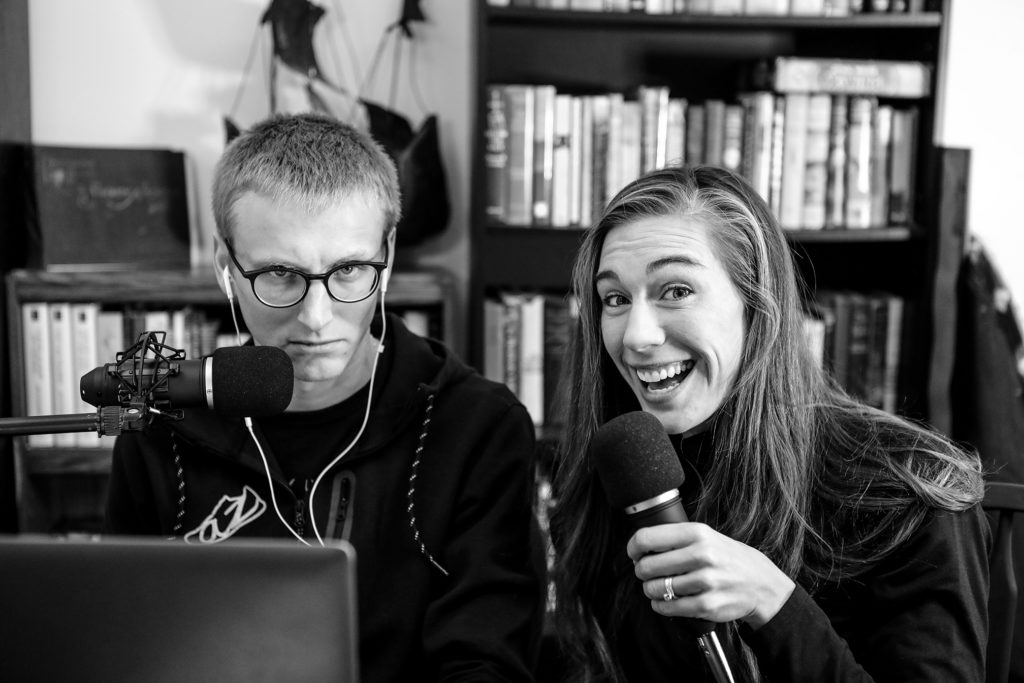
We have some examples and suggestions to develop these three (and more) ideas, so tune in to our podcast later this week to get the complete examination of the topic.
In the interim, remember that the best thing you can do for your training is to ask questions. And if you can’t find a satisfactory answer (or want a second opinion), we are always happy to offer our thoughts. We don’t promise perfection, but we’ll do our best to give thorough and studied considerations.
And on that note, we are excited to begin offering more direct training support SOON! Subscribe to our digest (free) to stay up-to-date.





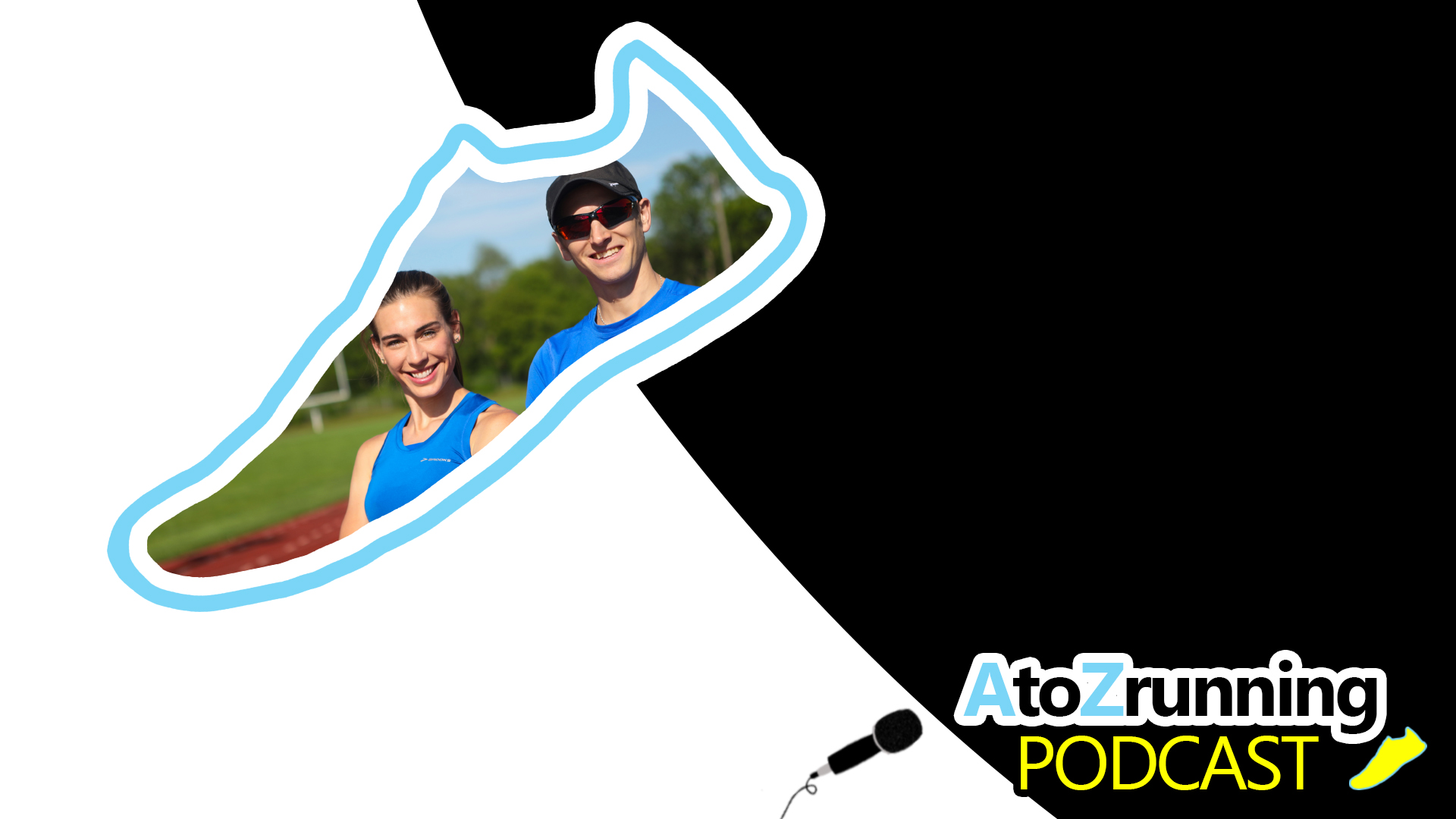
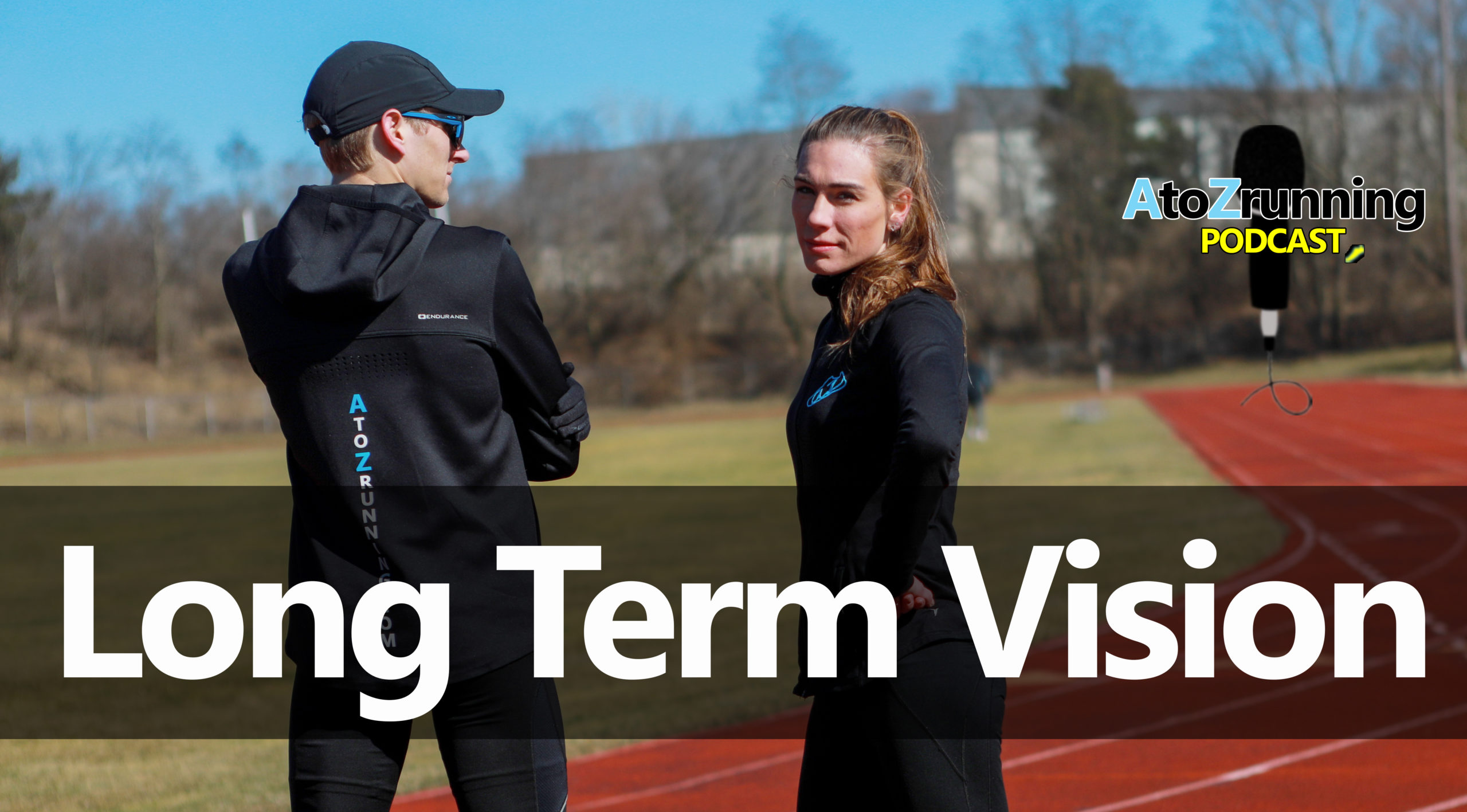


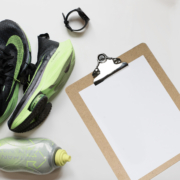

Leave a Reply
Want to join the discussion?Feel free to contribute!